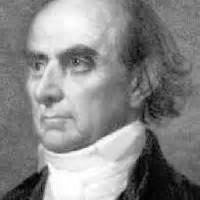A Quote by John Webster
Man is most happy, when his own actions are arguments and examples of his virtue.
Related Quotes
A slender acquaintance with the world must convince every man, that actions, not words, are the true criterion of the attachment of his friends, and that the most liberal professions of good will are very far from being the surest marks of it. I should be happy that my own experience had afforded fewer examples of the little dependence to be placed upon them.
By Liberty I understand the Power which every Man has over his own Actions, and his Right to enjoy the Fruits of his Labour, Art, and Industry, as far as by it he hurts not the Society, or any Members of it, by taking from any Member, or by hindering him from enjoying what he himself enjoys. The Fruits of a Man's honest Industry are the just Rewards of it, ascertained to him by natural and eternal Equity, as is his Title to use them in the Manner which he thinks fit: And thus, with the above Limitations, every Man is sole Lord and Arbitrer of his own private Actions and Property.
Verily has man freewill to control his actions. That my Father-Mother has given to man as his inheritance. But the control of the ractions to those actions man has never had. This my Father-Mother holds inviolate. These cannot become man's except through modifying his actions until the reactions are their exact equal and opposite in equilibrium.






































